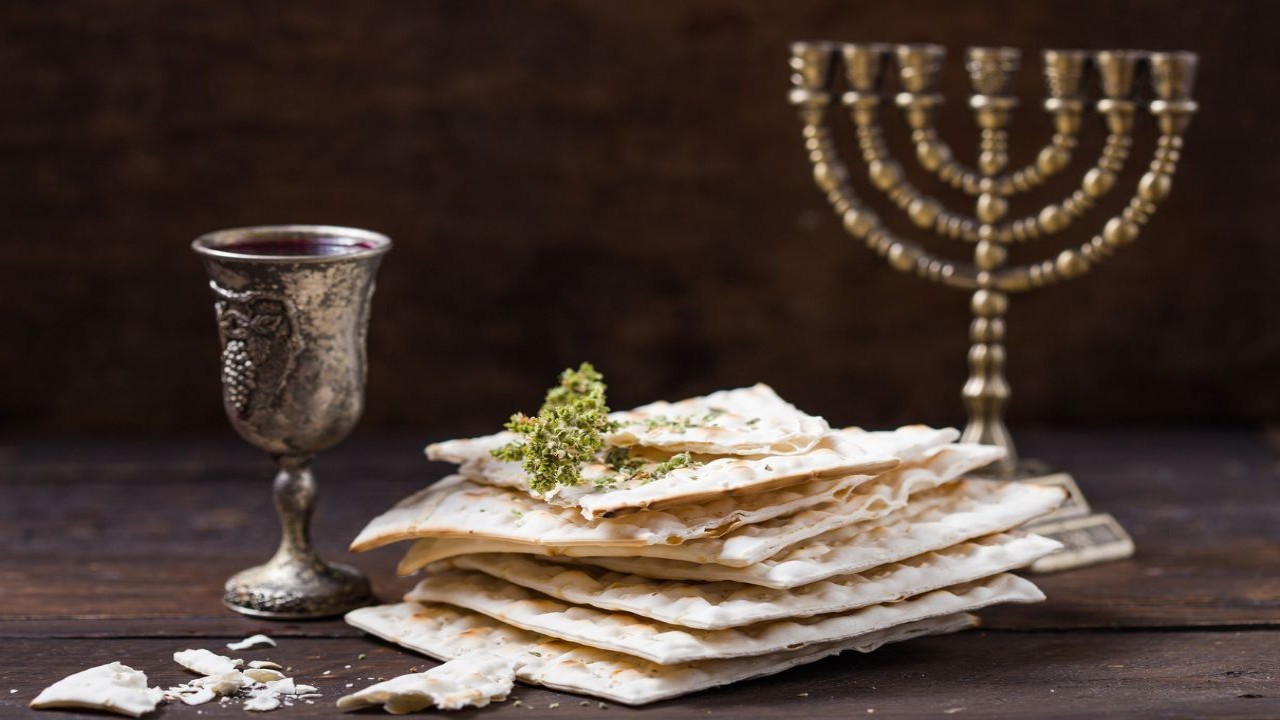
Passover, a standout festival in the Jewish calendar, is nearly upon us. It’s that time of year when Jewish communities worldwide come together to observe their ancestors’ freedom from slavery in Egypt. But when exactly does Passover start, and why does it vary in duration depending on where you are?
Let’s explore the details of this meaningful celebration.
What and when is Passover?
Passover represents a vivid memory of the Hebrews’ redemption from bondage, as described in Exodus. The ritualistic killing of a lamb and smearing its blood on doorposts signify the pivotal moment when death passes over their homes. Hence, the term ‘Passover’ means passing over by an angel that flies away from such houses.
In America, Passover starts at sundown on Monday, April 22, and concludes at nightfall on Tuesday, April 30. The date of this festival depends on the moon, which brings about different dates yearly.
In 2024, Passover will be experienced later than usual because it occurs during Nisan month’s full moon. Therefore, during some years, Easter sometimes falls near to pass over.


How long is Passover?
In Israel, Passover lasts for exactly seven days since that was how long it took to escape Egypt. However, according to tradition, those outside Israel celebrate for eight days.
This difference stems from the belief that only after crossing through the miraculously divided Red Sea did Jews become safe from pursuing Egyptians seven days after leaving Egypt.
How is Passover celebrated?
Traditional Seder meals steeped with profound symbolism are at the heart of every celebration. Families pray together, recite sections, read out loud, or tell consecrated stories, as explained by the Haggadah, a book filled with historical relevance and spiritual significance.
During this time period, Jews engaged in eating symbolic foods contained in Seder plates, which they used to recount tales of liberation and salvation.

What foods are eaten (or not eaten) during Passover?
Dietary restrictions apply during Passover, with many people refraining from eating leavened foods called chametz. Matzo, an unsweetened bread without yeast, is the main food here because Jews had to exit Egypt hastily before even the bread they were preparing rose.
Many Jewish people also do not eat kitniyot, including legumes, beans, peas, rice, and seeds, due to historical reasons related to their treatment and preservation.
Passover is soon approaching, and Jewish communities worldwide prepare for a journey of remembrance and renewal. Through consistent rituals, they keep their culture alive while upholding the message of liberation and persistence, which is highly valued.
ALSO READ: Why is St George’s Day celebrated? Learn about patron saint of England and revered Christian martyr

